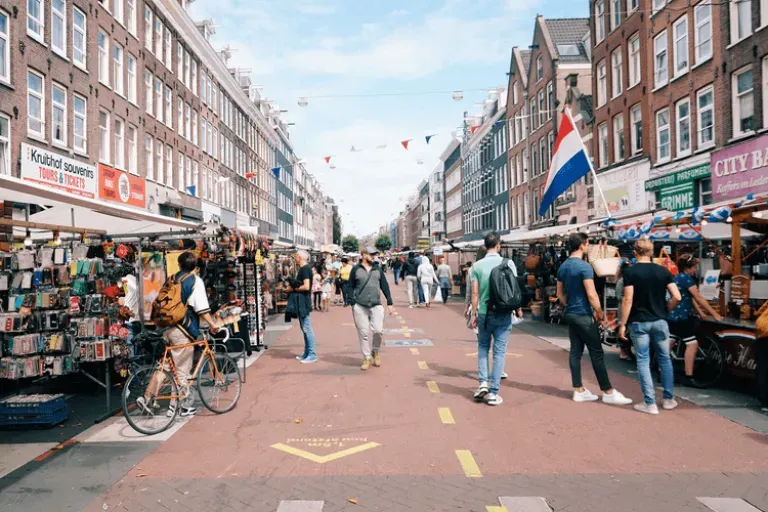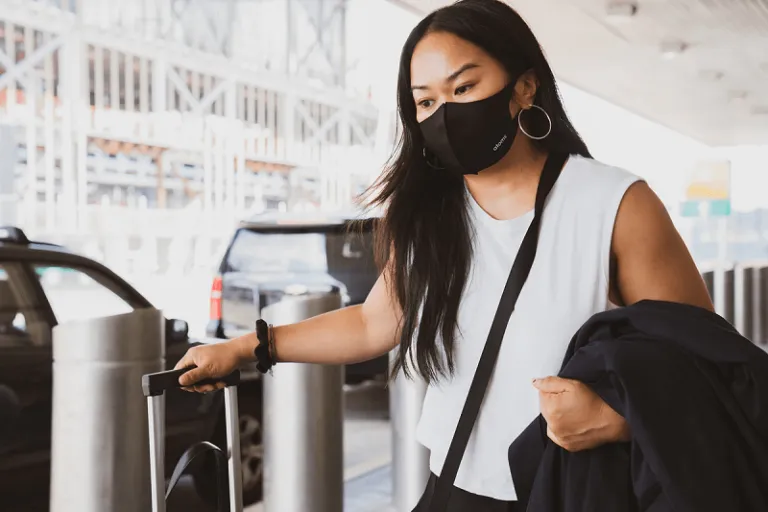Our favourite places to stay on this sleepy Cebu island.
Travel Nang Naaayon sa Vaccine? Why Brands Apparently Matter

In the travel industry, the type of vaccine you’ve been inoculated with matters — as some gradually reopening countries only recognise specific brands among their budding visitors. And it’s both good news and bad news for vaccinated Filipino tourists.
Case in point: the European Union (EU), through the European Medicines Agency (EMA), has only approved four vaccine brands as of writing. Meaning, even if you’ve been fully vaccinated and financially capable of shelling out inexpensive “new normal” travel expenses for, say, France, Italy, or the Netherlands, you may still be denied entry to these destinations. EMA is the agency that evaluates and supervises medicinal products in the EU.
Also read: Fearing Vaccination? Maybe These COVID-19 Food Promos Can Help
According to SchengenVisaInfo.com, there are 13 EU countries currently issuing what’s known as the EU COVID-19 vaccine passport. Basically, if the EU grants you the document, you can visit your preferred country in Europe with minimal restrictions or requirements. To qualify, you must only be vaccinated with either of the following:
- Comirnaty (BioNTech, Pfizer)
- COVID-19 Vaccine Moderna
- Vaxzevria (previously COVID-19 Vaccine AstraZeneca)
- COVID-19 Vaccine Janssen (Johnson & Johnson)
Also in the process of review and approval are CVnCoV (CureVac), NVX-CoV2373 (Novavax), Sputnik V (Gam-COVID-Vac), and COVID-19 Vaccine (Vero Cell) Inactivated (Sinovac). Tourists inoculated with Russian, Chinese, and Indian vaccines are not yet eligible for entry in most EU countries.
The respective governments of the Member States were likewise given the discretion to decide whether or not they would accept travellers, including vaccinated Filipino tourists. However, the majority of them stood against it, particularly Iceland and Lithuania. The latter specifically cited the Russian vaccine, Sputnik V as one that they would still not recognise.

What vaccinated Filipino tourists can do
As vaccination efforts continue throughout the world, it’s safe to say that these regulations, at least for the EU, could change and become more inclusive. As most Filipinos are being inoculated with Sinovac, which EMA does not recognise, vaccinated Filipino tourists can opt for other options.
One would be to wait for regulations to develop and for when it’s truly safe to travel. As several parts of the world are still severely affected by the COVID-19 pandemic, the safest and most responsible way is to cancel any non-essential travel plans or focus on local destinations (as long as you follow domestic COVID-19 travel guidelines).
Also read: Why Philippine Tourists Need a COVID-19 Passport According to Immigration
If you must travel, you can also choose to visit other destinations in or outside the EU that recognise more vaccine brands. Greece and Slovenia, for example, accept Sputnik V while Hungary accepts Sputnik V, Sinopharm, Covishield, and Convidecia, to name a few. Some countries are also more lenient with brands, including the United States of America, or even South Korea.
Finally, if you’re employed with a private company or a member of a certain labour group, you’ll have the discretion to be vaccinated with an exclusively chosen vaccine rather than rely on what’s available in your local government. Some companies made sure to prioritise Western brands like Pfizer, Moderna, and AstraZeneca, which Filipino seafarers, for instance, have access to.
At the end of the day, Filipinos should get vaccinated not for its travel privileges. The more people at the national and global level are protected from further threats brought about by COVID-19, the sooner we can help international tourism return to the way it was — and that includes being able to travel regardless of which vaccine we receive.
Featured image credit: Matheus Frade | Unsplash
Published at
About Author
Joser Ferreras
Subscribe our Newsletter
Get our weekly tips and travel news!
Recommended Articles
10 Bantayan Island Resorts, Hotels, and Rentals for Your Tropical Escape 10 Best Mountain Cafes in the Philippines for Your Peak Coffee Experience Coffee date on the mountains, anyone?
My 10-Day Southern Vietnam Backpacking Trip for Less Than ₱15k 10 days in Southern Vietnam with less than ₱15k budget. Learn how this Filipina did it!
10 Family Outing Ideas in Metro Manila Under ₱500 Looking for a weekend bonding with the family under ₱500? Head to these places, pronto!
Top 10 Post-Breakup Destinations for Healing and Self-Rediscovery Ready for a solo travel?
Latest Articles
Every Disneyland Park You Can Visit Worldwide Where Disney magic lives
Guide to Palawan Delicacies: 9 Authentic Must-Eats and Pasalubong Taste your way to Palawan!
Canada Expands Visa-Free Travel to the Philippines: Here’s What You Need to Know Filipinos can now travel to Canada visa-free!
First American Pope Elected: Meet Pope Leo XIV Historic Vatican moment unfolds
Limasawa Island: Beaches, History, and Hidden Gems Where history and island life meet

